The Conscious Patient: Partnering in Your Recovery
We see incredible things happen every day — people walk in with tension, pain, or limitation, and over time we watch their bodies start to shift and open up. But here’s something we’ve learned after years of helping patients: recovery isn’t something that happens to you. It’s something that happens with you.
That’s where the idea of the conscious patient comes in.
Being a conscious patient means showing up to your treatment with awareness — awareness of how your body feels, how your mind has been, and even what emotions have been lingering under the surface. It means tuning in to what’s really going on beneath the discomfort, not just noticing the ache in your shoulder or the stiffness in your back, but asking why it might be there.
As RMTs, we’re trained to read the body. We can feel where muscles are holding, where movement is restricted, and where tension patterns begin. But even with all that skill, we can’t see everything. Your awareness — of what makes the pain worse, what helps it ease, what’s been happening in your day-to-day life — fills in the gaps and paints a complete picture.
It’s common for people to think of massage therapy as something that’s done for them, but the truth is, the most meaningful progress happens when it’s done with them.
Think about it: your body doesn’t just respond to physical strain. Emotional stress, mental fatigue, and even unresolved experiences can show up as physical tension. Have you ever noticed your shoulders creeping up toward your ears during a stressful week? Or your jaw clenching without realizing it? That’s your nervous system communicating through your body.
When you start paying attention to these signals — and share what you notice with your therapist — your treatments become much more effective. We can tailor our approach not just to what your muscles are doing, but to what your whole system is experiencing.
Being a conscious patient also means noticing what happens between treatments.
Do certain movements make things worse? Does rest help? Does your pain change with stress levels, sleep, hydration, or even weather? These details might seem small, but they tell a much bigger story about your body’s patterns and needs.
We wish we could do it all — truly, we do — but recovery works best when you’re part of the process. Our job is to guide, support, and educate; your job is to stay curious, stay connected, and keep learning from your body.
Becoming more aware doesn’t mean you have to analyze everything or get it “right.” It’s simply about listening more closely, noticing what your body tells you, and trusting that you play an active role in your own recovery.
Because when you start showing up consciously, everything changes — your awareness deepens, your results improve, and you begin to understand that your body isn’t against you. It’s been trying to talk to you all along.
